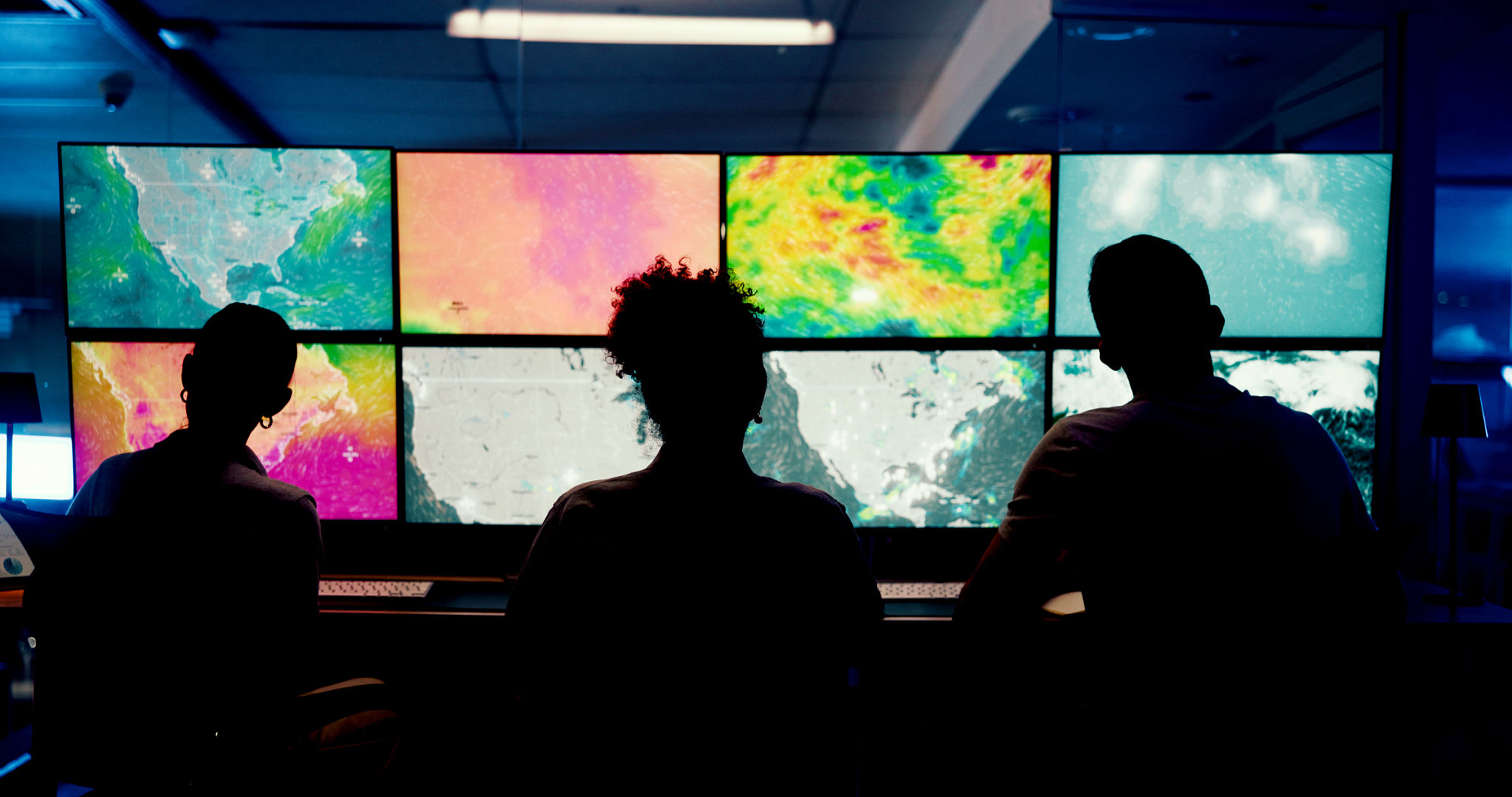The Role of AI in Modern Maritime Technology
Introduction to AI in Maritime Technology
The maritime industry is undergoing a significant transformation, largely driven by the integration of artificial intelligence (AI). As global trade continues to expand, the demand for more efficient and safer maritime operations has never been higher. AI is stepping up to meet these challenges by offering innovative solutions that enhance various aspects of maritime technology.

Enhancing Navigation and Route Optimization
One of the primary applications of AI in maritime technology is in navigation and route optimization. AI algorithms analyze vast amounts of data, including weather forecasts, ocean currents, and historical voyage data, to determine the most efficient routes for vessels. This not only reduces fuel consumption but also minimizes travel time, contributing to both economic and environmental benefits.
Furthermore, AI-powered systems are capable of real-time decision-making, allowing ships to adjust their routes dynamically in response to changing conditions. This adaptability improves safety and ensures timely arrivals, which is crucial for maintaining supply chain efficiency.
Predictive Maintenance for Enhanced Safety
AI is also revolutionizing the maintenance of maritime equipment. Predictive maintenance systems use AI to analyze data from various sensors on board a vessel to predict when equipment is likely to fail. By identifying potential issues before they occur, these systems help prevent costly breakdowns and reduce downtime.

This proactive approach to maintenance not only enhances the safety of operations but also extends the lifespan of equipment. The reduced need for emergency repairs translates into significant cost savings for shipping companies.
Autonomous Vessels: The Future of Shipping
The development of autonomous vessels represents one of the most exciting applications of AI in maritime technology. These vessels have the potential to operate with minimal human intervention, relying on advanced AI systems to navigate, avoid obstacles, and make complex decisions.
While fully autonomous ships are still in the experimental phase, the technology is rapidly advancing. The benefits include reduced labor costs, increased efficiency, and improved safety, as human error is minimized.
AI-Driven Environmental Monitoring
Environmental sustainability is a growing concern in the maritime industry. AI plays a crucial role in monitoring and minimizing the environmental impact of shipping operations. AI systems can track emissions, detect oil spills, and monitor marine biodiversity, providing valuable data for environmental protection efforts.

By leveraging AI for environmental monitoring, shipping companies can ensure compliance with international regulations and contribute to global sustainability goals. This not only enhances their reputation but also promotes a healthier ocean ecosystem.
Conclusion: The Future of Maritime Technology
As AI continues to evolve, its role in modern maritime technology will only grow more significant. From navigation and maintenance to environmental monitoring and autonomous vessels, AI offers a wide range of benefits that can transform the maritime industry.
By embracing these technological advancements, the maritime sector can achieve greater efficiency, safety, and sustainability. As a result, AI will remain a key driver of innovation in the years to come.
